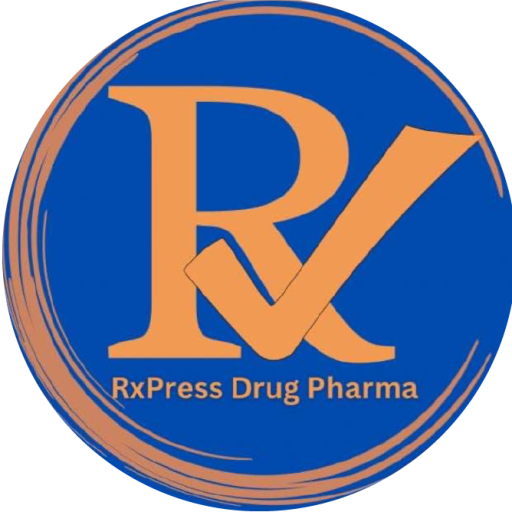In today’s evolving healthcare landscape, procurement pharmacists play a crucial role in maintaining an optimal supply of medications. To meet the growing demands of healthcare systems, embracing data-driven decision-making is vital for enhancing accuracy, improving efficiency, and ensuring timely drug availability.
Why Procurement Pharmacists Must Embrace Data-Driven Decisions:
- Enhanced Accuracy:
Data analysis helps forecast drug demand accurately, minimizing the risk of overstocking or stockouts. By analyzing historical data and trends, pharmacists can make more precise predictions about inventory needs. - Informed Decision-Making:
Historical data enables pharmacists to adjust inventory levels, negotiate better supplier terms, and plan for demand fluctuations. With access to real-time data, decisions can be made that align with patient needs. - Operational Efficiency:
Data-driven insights streamline supply chain processes, reduce waste, and ensure timely medication delivery, ultimately improving patient care. An optimized supply chain can lead to better resource management and timely restocking.
Scenario:
Imagine a community pharmacy facing frequent shortages of a popular medication. By analyzing procurement data, the pharmacist can:
- Identify Patterns:
Spot demand trends and seasonal variations, allowing for more accurate forecasting. - Optimize Ordering:
Adjust ordering schedules and quantities to better match patient needs, reducing stockouts. - Negotiate with Suppliers:
Secure better terms and flexible delivery options, ensuring a steady supply of medications. - Enhance Patient Service:
Improve medication availability, leading to higher patient satisfaction and trust in the pharmacy.
Benefits:
- Efficient Resource Allocation:
Accurately predict demand, manage inventory, and reduce excess stock. This minimizes waste and optimizes space. - Data-Driven Decisions:
Improve procurement strategies with actionable insights from historical and real-time data. - Cost Savings:
Minimize excess inventory costs while ensuring timely delivery, enhancing financial management and reducing wastage.
Skills to Learn:
Healthcare professionals can benefit from the following skills to implement data-driven procurement practices:
- Data Analysis:
Use tools like Excel, Python, and SQL to analyze procurement data and generate insights. - Data Visualization:
Create impactful visuals with Excel and Python, making it easier to communicate trends and patterns to stakeholders. - Supply Chain Management:
Optimize processes, forecast demand, and ensure the efficient flow of medications from suppliers to patients.
Conclusion:
Data collection and storage are fundamental for effective decision-making and operational improvements in healthcare procurement. By investing in robust data practices, procurement pharmacists can gain valuable insights that will transform procurement strategies, improve medication availability, and enhance patient care.
Dr. Hilary Agbonkhese
Chief Technology Officer, RxPress Health
